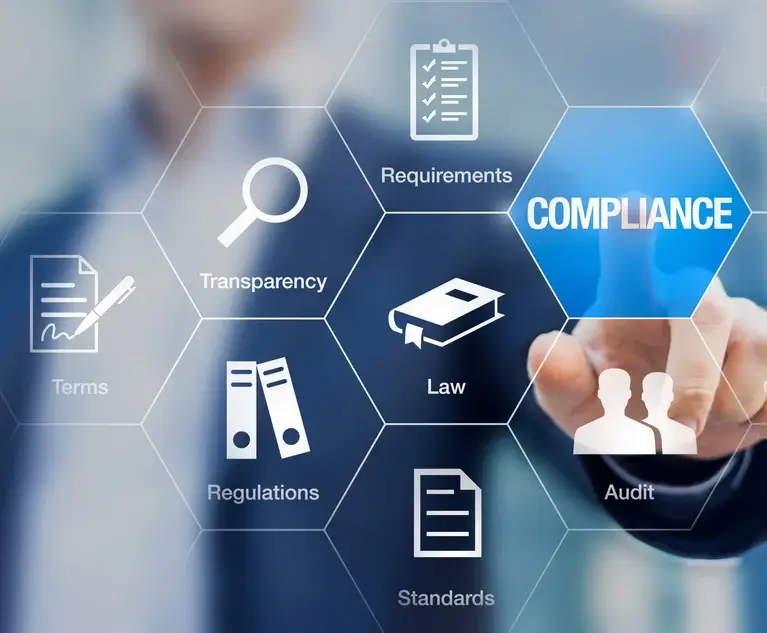1099 Workers in Focus: How to Protect Yourself from IRS Scrutiny
As a 1099 worker, navigating the complexities of freelance or contract work can be both rewarding and challenging. While the flexibility of self-employment is appealing, it also comes with unique tax responsibilities—and understanding IRS audit prevention for 1099 workers is essential. Knowing how to manage these responsibilities helps reduce the risk of IRS scrutiny and ensures you stay compliant.
Understanding Your Tax Responsibilities as a 1099 Worker
As a 1099 worker, you’re classified as self-employed, which means you have specific tax obligations that differ from those of traditional employees. Here are the key responsibilities you need to be aware of:
- Accurate Reporting of Income: All income earned as a 1099 worker must be reported on your tax return, regardless of the amount or whether you received a 1099 form from a client. The IRS requires comprehensive reporting of all earnings, and underreporting income can result in significant penalties.
- Quarterly Estimated Tax Payments: Unlike employees, taxes are not withheld from your payments as a 1099 worker. This makes you responsible for quarterly estimated tax payments. Staying on top of these payments is essential to avoid underpayment penalties and interest. Creating a system to schedule these payments can save you from last-minute stress when filing your tax return.
- Detailed Record-Keeping: Keeping meticulous records is essential for accurately reporting your income and expenses. This includes tracking invoices, saving receipts, and documenting business-related costs. Good record-keeping not only simplifies your tax filing but also serves as essential support in case of an audit.
- Deductions and Business Expenses: As a self-employed individual, you have the opportunity to deduct legitimate business expenses that lower your taxable income. However, deductions must be well-documented and directly related to your business operations. The IRS closely scrutinizes excessive or questionable deductions, so it’s important to stay within legal limits and document all claims.
Strategies for IRS Audit Prevention for 1099 Workers
Now that you understand your tax responsibilities, here are strategies to help you minimize the risk of IRS scrutiny:
- File Your Taxes Accurately and Timely: Accuracy is critical when filing taxes as a 1099 worker. Ensure your tax return is correct and submitted by the deadline. Taking the time to double-check your figures can help you avoid errors that might otherwise lead to an audit.
- Track Your Earnings: Unreported or misreported income is a major red flag for IRS auditors. Use accounting tools or payment platforms to track your earnings effectively. This not only aids in accurate reporting but ensures you have necessary documentation readily available if needed.
- Request 1099 Forms from Clients: If you work with multiple clients, request a 1099 form from each of them. This can help ensure that all your income is accounted for and provides a clear record of what you’ve earned.
- Make Timely Estimated Payments: Keep track of quarterly estimated tax payments and ensure they are made on time. Set reminders and put money aside periodically to help prevent missed payments and avoid penalties.
- Be Aware of Common Audit Triggers: Familiarize yourself with common audit triggers, such as large deductions relative to your income or discrepancies between what you report and what clients report to the IRS. Understanding these triggers can help you avoid common pitfalls and protect yourself from unnecessary scrutiny.
- Communicate Promptly with the IRS: If you receive any notices or inquiries from the IRS, respond promptly and professionally. Ignoring their communications can lead to further complications. If you’re uncertain about how to respond, reach out to our office and we can assist you.
Moving Forward with Confidence in Your 1099 Tax Filing
As a 1099 worker, understanding your tax responsibilities and taking proactive measures is essential for avoiding IRS scrutiny. By staying organized, filing your taxes accurately, and being aware of common mistakes, you can reduce your risk of audits and penalties.
If you find yourself struggling with tax issues or facing IRS scrutiny, remember that you don’t have to face it alone. Tax resolution professionals are here to help you navigate tax regulations and work toward a favorable resolution. Don’t hesitate to contact us for support—your peace of mind is worth it.
Topics Covered In This Article.
Latest Articles
February 22, 2025
February 22, 2025
February 22, 2025





